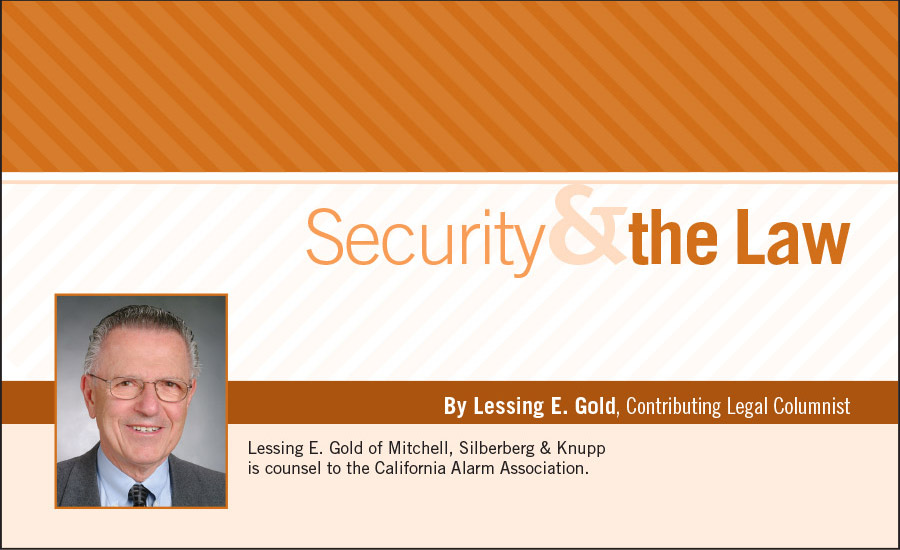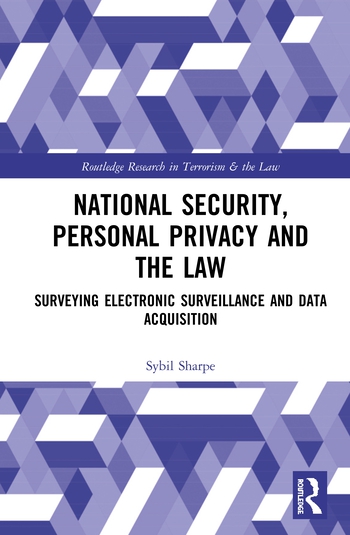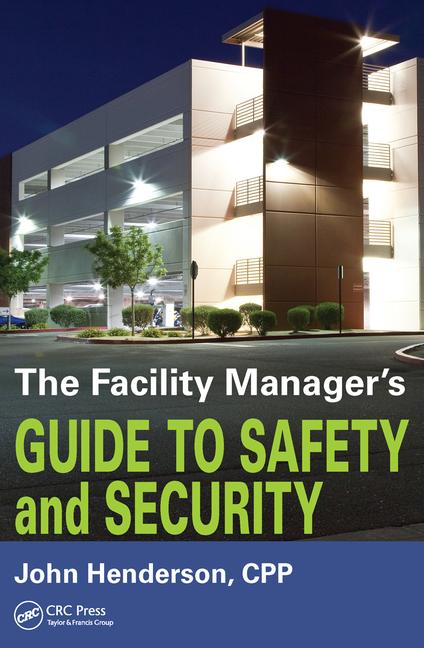A case recently arose in the United States Court of Appeals for the 8th Circuit in Missouri where the defense was they were protected by the doctrine of sovereign immunity.
The plaintiff insurance company sued the Audrain County Joint Communications (ACJC) alleging ACJC’s negligence in monitoring a security alarm panel caused or contributed to damages arising out of the burglary and fire of a grocery store insured by the plaintiff. The defendant ACJC argued it was entitled to sovereign immunity as a Missouri state entity, and to statutory immunity as a 911 call center. The District Court found that ACJC had waived its sovereign and statutory immunity by purchasing insurance. ACJC then appealed to the U.S. Court of Appeals.
The plaintiff’s insured contracted with a private alarm company at its grocery store. The alarm company’s panels were located at the public 911 call center operated by ACJC. Public employees at the ACJC call center monitored the private alarm company’s alarm panels. When an alarm was triggered, ACJC employees would hear an audible alarm at the panel board and a lightbulb corresponding to a particular customer was supposed to illuminate. At one point, two ACJC employees tested the private security company alarm panels and discovered that six of the lightbulbs, including the one for the plaintiff’s insured, were not working. ACJC never informed the private security company of the inoperable bulbs and the problem was never rectified.
Several months later, burglars triggered the store’s alarm system. The audible alarm sounded at the ACJC call center, but the dispatcher on duty was unable to tell which private security customer’s alarm had been triggered because no corresponding lightbulb illuminated. The burglars then set fire to the grocery store, causing $2 million in damages. Thirty minutes later, a second audible alarm sounded, likely triggered by the fire. The plaintiff asserted that the dispatcher at ACJC again ignored the alarm.
The plaintiff asserted that ACJC had waived its sovereign immunity by purchasing a liability insurance policy and that the inoperable lightbulbs on the alarm panel at the ACJC call center amounted to a dangerous condition of property such that sovereign immunity would not apply in any event.
The Missouri Revised Statutes state that political subdivisions of the state “may purchase liability insurance for tort claims made against the state or the political subdivision” and if they do so “sovereign immunity for the state of Missouri and its political subdivision is waived.”
ACJC filed a motion for summary judgment, asserting that it and its insurer had retroactively reformed the Policy to include an endorsement excluding coverage for claims to which its sovereign immunity applied. ACJC further claimed it was entitled to statutory immunity for its operation of an emergency 911 Call system.
The District Court denied ACJC’s motion for summary judgment on the issue of immunity, saying it had failed to prove it had a pre-existing agreement with its insurer to preserve sovereign immunity. The District Court further determined ACJC’s purchase of insurance waived both its common law sovereign immunity and any statutory immunity it might enjoy.
ACJC then filed its appeal to the United States Court of Appeals.
The Appellate Court agreed with the District Court that ACJC did not present sufficient evidence of their preexisting agreement. ACJC never discussed sovereign immunity or even thought about sovereign immunity, when it sought a policy from an insurance broker. In addition, ACJC accepted the policy as written and reviewed it several times, even though the policy did not contain an endorsement.
Therefore, the Appellate Court affirmed the District Court’s determination that ACJC waived the common law sovereign immunity through its purchase of insurance.
QUESTION
A potential employee recently responded to my ad for an alarm technician. He confided to me that he was convicted of a misdemeanor several years ago. I advised him that I would be required to run an FBI check on him. Unfortunately it takes many weeks, sometimes months before the FBI check comes back. Do I have any exposure if I hire him now before he has been approved by the Bureau or by the FBI? He appears to be an excellent technician and I would like very much to hire him.
ANSWER
The probability is that if he was convicted of a misdemeanor, he will be approved. However, you hire him at your own risk if in fact he commits any type of a crime while working for you. It almost guarantees that you will be liable for any damages that may occur. The probability is that he will be approved if the misdemeanor is not related to any type of theft in which he could be involved while working for you. Obviously, if you wait for an approval and if he is a potential good employee, I am sure he may be hired elsewhere, albeit not necessarily by another alarm company. Keep in mind, however, the risk is yours.
To ask Les Gold a question, e-mail sdm@bnpmedia.com.









